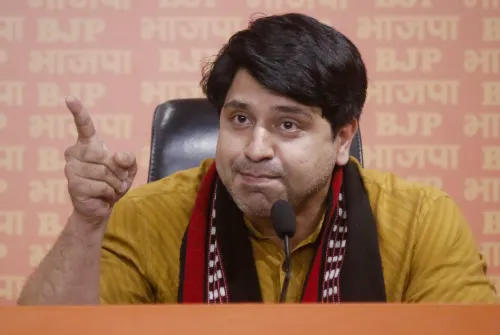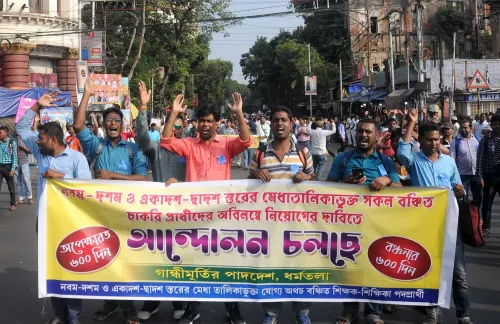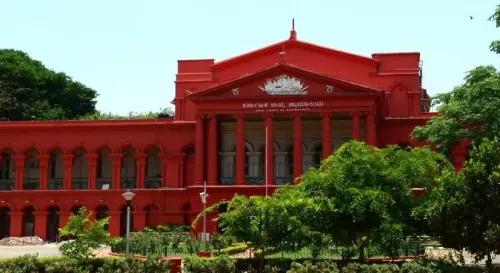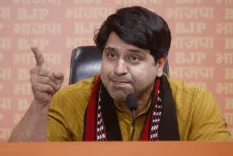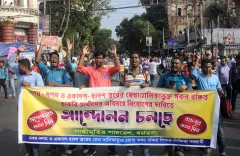India's TB Cases and Deaths Show Significant Decline, Reflecting Strong Political Will, According to Former WHO Director

New Delhi, Dec 15 (NationPress) The substantial decline in tuberculosis (TB) cases and fatalities in India is remarkable, stated Mario C. B. Raviglione, who previously led the Global Tuberculosis (TB) Programme at the World Health Organization (WHO) on Sunday.
During an exclusive interview with IANS, Raviglione emphasized that this reflects a high level of political commitment.
“India has witnessed significant advancements over the past 25 years. The 18 percent reduction translates to approximately 2 percent annually over the last decade. This is particularly remarkable for a nation like India, which is the leading contributor to the global TB epidemic, with an estimated 2.8 million new TB cases each year,” said Raviglione, a Professor of Global Health at the University of Milan, Italy.
According to recent government statistics, the rate of TB incidence has dropped by 17.7 percent from 237 per 100,000 people in 2015 to 195 per 100,000 in 2023. Additionally, TB-related deaths have decreased by 21.4 percent from 28 per lakh population in 2015 to 22 per lakh population in 2023.
“Achieving this incidence reduction in a country as vast as India is certainly a sign that positive actions have been taken,” Raviglione remarked.
“The level of political commitment observed in India in recent years is truly remarkable and almost unparalleled globally. I have rarely seen heads of state, including Prime Minister Narendra Modi, vocalize their commitment to addressing health issues,” he added, stressing that this commitment must be sustained to effectively combat this deadly infectious disease.
While the decline is commendable, Raviglione cautioned that it is still too slow to meet goals such as eradicating the TB epidemic. He noted India's ambition to eliminate TB by 2025, five years ahead of the global target of 2030.
The Professor emphasized the necessity of enhancing rapid molecular testing.
“It is crucial that such testing becomes available at every point of care; this is essential for India to improve beyond its current progress,” he stated. Greater utilization of these tests can facilitate not only faster TB diagnoses but also the identification of drug-resistant TB, which is vital for determining effective treatment options.
He also proposed “extensive population screening campaigns to save lives,” which would aid in the early detection of TB cases. Early identification would allow physicians to ascertain whether individuals in contact with TB patients require prophylactic measures to prevent future infections.
To combat TB effectively in India, he urged attention to social factors such as undernutrition, tobacco use, alcoholism, poverty, and air pollution, advocating for a multi-sectoral approach.
Moreover, the former WHO Director highlighted the urgency of addressing the financial burden borne by TB patients.
“The expenses associated with tuberculosis remain excessively high, even in a country where medications are provided free of charge, like in India,” Raviglione pointed out. He cited the lengthy diagnostic journey many undergo, often visiting multiple healthcare providers before receiving the correct diagnosis and treatment.
“During this time, they often consult various doctors, ranging from modern medical practitioners to traditional healers, incurring substantial costs. For individuals living below the poverty line, such expenses become unmanageable,” the Professor explained to IANS.

